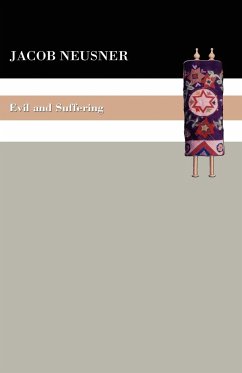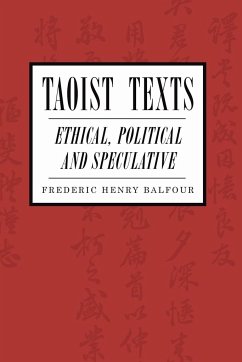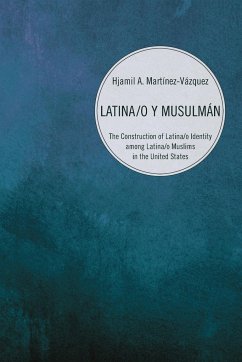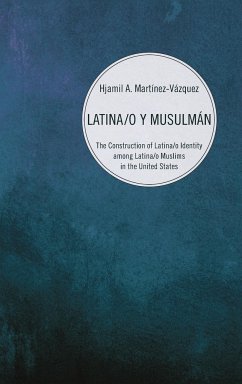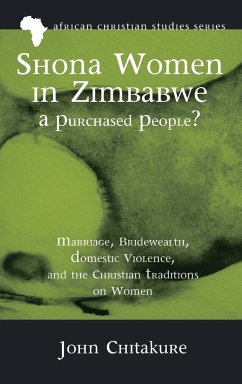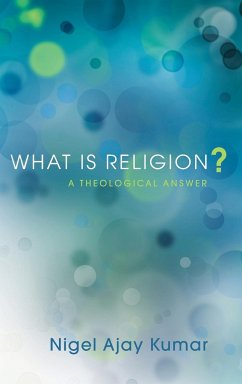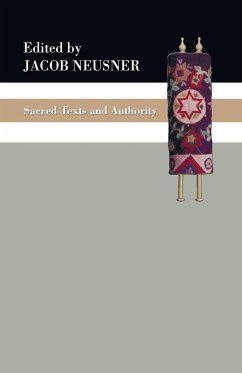Do Hindus, Buddhists, Christians, Jews, and Muslims tend to experience pain in fundamentally different ways? Are suffering and human evil equally difficult problems in these particular religious traditions? How is each person to deal with or overcome suffering? In Evil and Suffering, acknowledged experts in each religion offer clear answers to these and similar questions. Through their discussions, the history and diversity of the traditions are also revealed. In this volume, editor Jacob Neusner address the topic from the standpoint of Judaism, Bruce Chilton presents the perspective of Christianity. Jonathan Brockopp discusses Islam, Brian K. Smith presents Hinduism, and Charles Hallisley discusses Buddhism.
Hinweis: Dieser Artikel kann nur an eine deutsche Lieferadresse ausgeliefert werden.
Hinweis: Dieser Artikel kann nur an eine deutsche Lieferadresse ausgeliefert werden.

